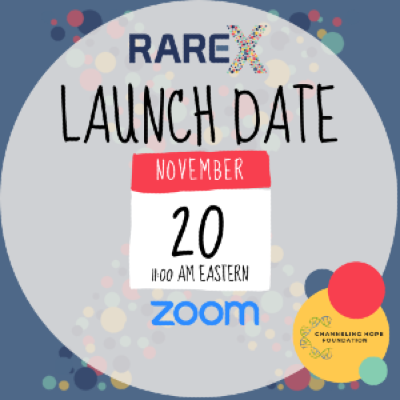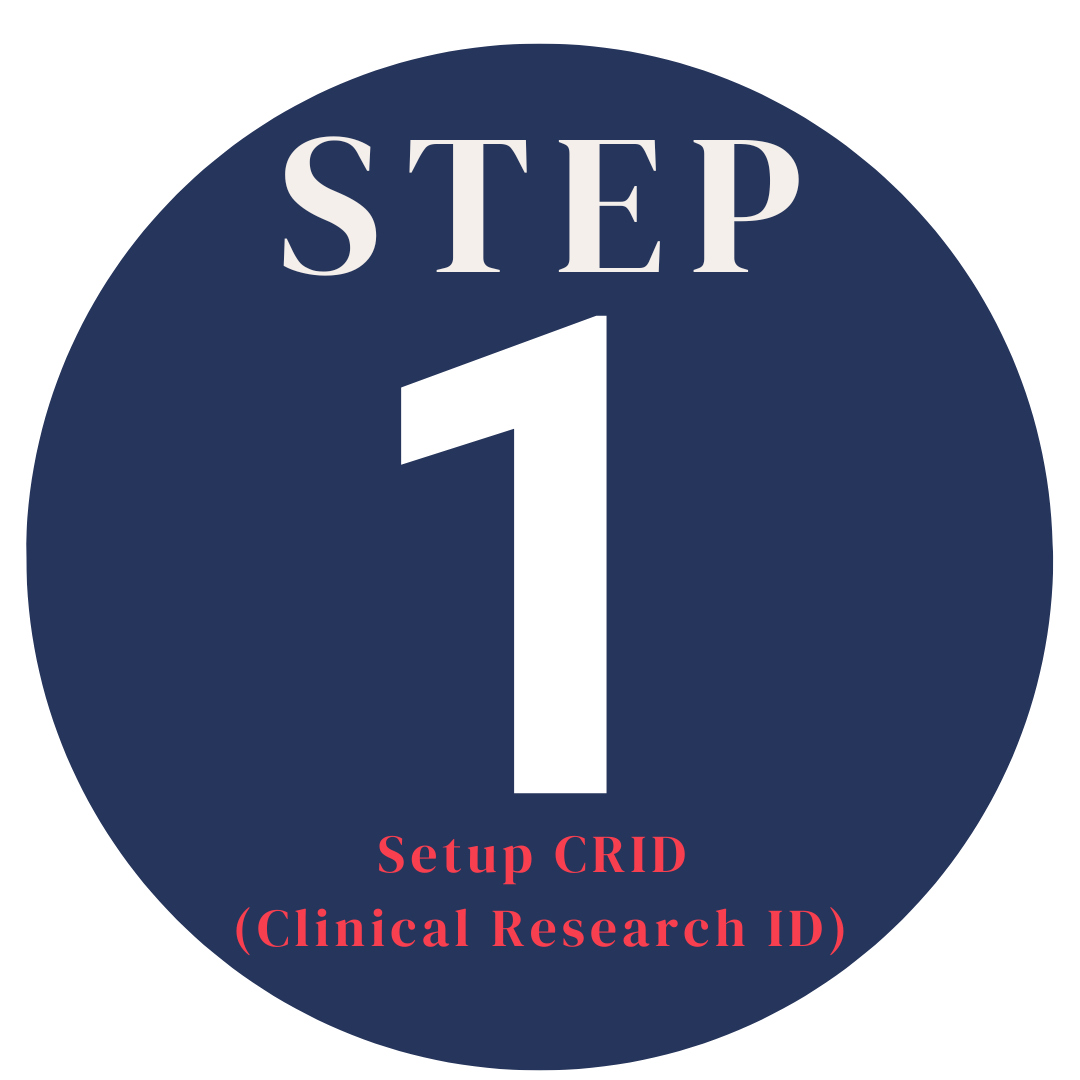Patient Data Collection through RareX is Live

Originally posted 10/28/2024. Updated 5/28/2024 to reflect ongoing data collection through RareX.
RareX is the host of the first patient registry for NALCN-related disorders. Data provided by families will provide a better understanding of the most common and impactful symptoms of NALCN-related disorders.
The process for patient data collection is a multi-step process. The success of these efforts is based on the involvement of the NALCN disease community, and we encourage all of our patient families to participate!
In November 2024, we held a community launch. A recording of the launch is available.

RareX Registry Launch for NALCN Channel-related disorders:
NALCN Channel-related disorders describes diseases caused by mutations in the NALCN channel (the NALCN gene and neuronal proteins UNC79, UNC80, and FAM155). We know these as CLIFAHDD, IHPRF1, IHPRF2, and UNC-79 related syndromes.
By joining RareX, you're making a powerful contribution to advancing research for NALCN Channel-related disorders.
Your participation helps build the most comprehensive data collection program of its kind, enabling researchers to better understand these rare conditions and accelerating the development of new treatments, therapies, and medical innovations that could benefit your loved one and many others.
Before getting started on RareX, we need you to take an initial step so that all future data you contribute can be seamlessly integrated while maintaining your loved one's privacy:

Connecting participant data across multiple sources while maintaining data security is crucial for working together on rare diseases. CRIDs (Clinical Research IDs) are a tool to make this connection. They give individuals in research a unique universal ID, making it simpler for doctors, scientists, and patients to centrally share and access confidential information to collaborate effectively. We ask that you create a CRID for your family member by following the steps below:
- Go to the website https://thecrid.org/ to create a CRID for your family member. (You can also create one for yourself. It's quick and easy!)
- Click on Create an Account and enter an email address.
- You will receive an email at the entered address with a link to create a login account (username, password, name, and backup email).
- Once logged in to My CRID Dashboard click Add New Person.
- Information you will enter to create the ID will be patient name, sex, birthdate, disease name, gene, and genetic variant.
- You will receive a Unique Identifier that can be shared with approved research studies and medical providers. Save your identifier!
- The launch of the RareX Registry will utilize this CRID for your patient information.

You can visit the Setup CRID webpage for these step-by-step instructions
CRID Principles
• CRID is always free for the parent/patient.
• CRID is always optional in a research study.
• CRID data is always private and will never be sold or shared.
Thank you for your participation!

